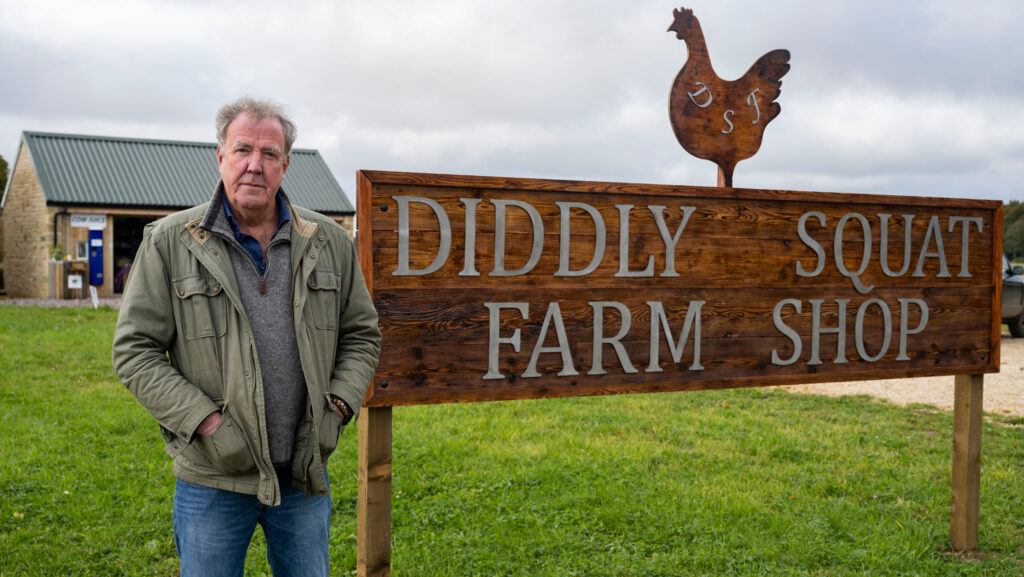Daisy Wood: Clarkson is a power for good in farming
 Jeremy Clarkson © Amazon Prime Video
Jeremy Clarkson © Amazon Prime Video A new series of Clarkson’s Farm landed in May, suddenly putting farming back on people’s agendas.
Friends who’d normally glaze over at the mention of fattening weights or nitrate leaching are now full of questions such as “Do farmers really make so little money?” or “Is it honestly all about the weather?”
And I find myself saying… yes. Especially now, with increasingly extreme weather keeping us all balanced on a profit knife-edge.
Once you understand how hard it is to make a margin, farming starts to look like a mad business. You need a pile of cash just to buy the land.
Then more for machinery – or years of interest payments. You pay staff, prep the ground, buy seed, livestock, fertiliser.
Still, no money back in the bank – not yet. The crop has to grow first. That’s if the weather plays ball. You deal with pests and disease as best you can. Then you pray for a dry harvest window.
And when it’s all finally in? If you are lucky, you control your market. But often, you sell into a commodity system dictated by people you’ll never meet, who may never have set foot on a farm.
So, yes, Jeremy Clarkson has helped shine a light on the realities of farming. And whether you like him or not, there’s no denying the scale of his reach.
One season of a celebrity TV show has probably done more to raise public awareness of farming’s financial realities and climate fragility than years of policy consultations or protest placards.
Of course, it’s entertainment – not a documentary. But Clarkson’s Farm does give people a glimpse into our world.
And that matters. Because the more people understand what farmers face, the stronger our case becomes and the more we are supported – whether that’s for fairer pricing, better policy, or simply a bit of empathy.
So if Jeremy Clarkson has made even one person pause before complaining about food prices or wonder how weather affects a harvest, then yes – that’s a power for good.


